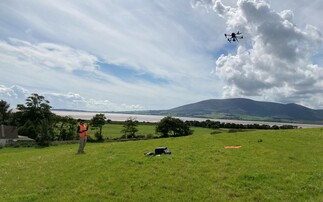National Water Commission advises research efforts to prioritise technologies using less water
The use of emerging "clean coal" technologies in Australia could significantly increase the amount of water used to produce electricity, according to a study by a government agency, placing further pressure...
To continue reading this article...
Join BusinessGreen
In just a few clicks you can start your free BusinessGreen Lite membership for 12 months, providing you access to:
- Three complimentary articles per month covering the latest real-time news, analysis, and opinion from Europe’s leading source of information on the Green economy and business
- Receive important and breaking news stories via our daily news alert
- Our weekly newsletter with the best of the week’s green business news and analysis






